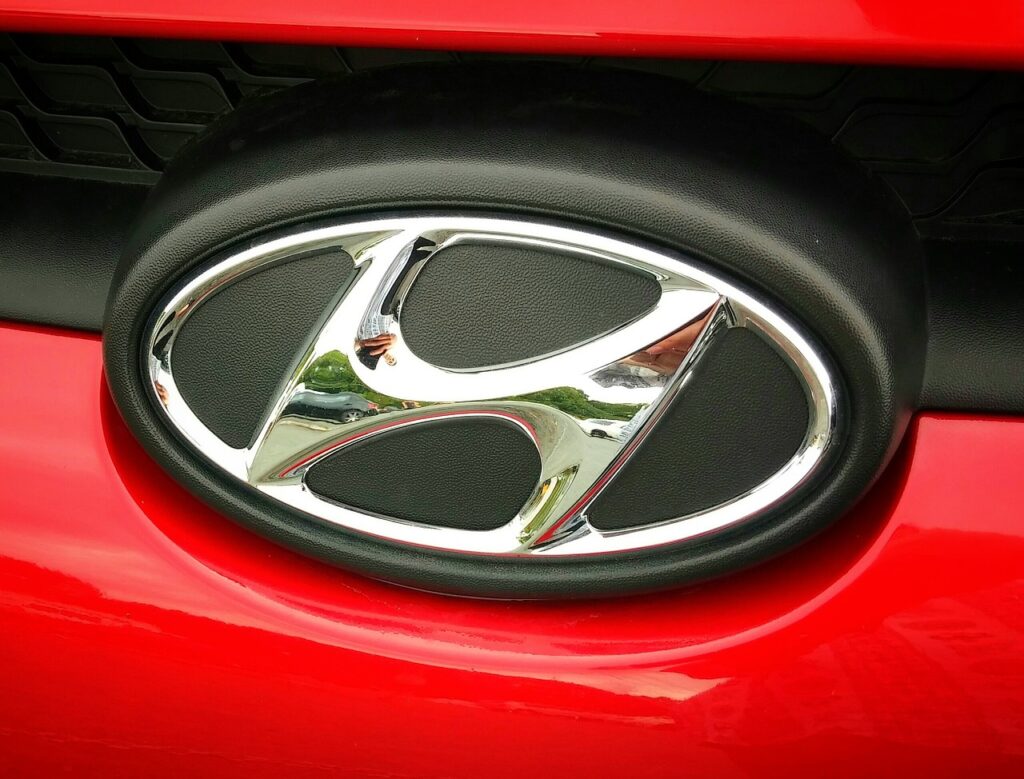Hyundai Motor Company’s recent acquisition of Hyundai Mobis’s domestic hydrogen fuel cell business marks a pivotal step in its journey towards clean energy solutions.
The acquisition, finalized on June 9, aims to consolidate Hyundai’s hydrogen fuel cell operations, integrating both research and development (R&D) and production segments under a unified entity. This strategic move is expected to enhance technological competitiveness and production quality, streamlining Hyundai’s approach to hydrogen fuel cell innovation.
To ensure meticulous oversight of manufacturing technology and production quality, Hyundai has established a new ‘Hydrogen Fuel Cell Process Quality Office’ within its R&D headquarters. This office reflects Hyundai’s commitment to maintaining high standards in hydrogen fuel cell production and signifies a proactive approach towards quality management.
Hyundai Motor Company’s President, Jang Jae-hoon, reaffirmed the company’s dedication to the hydrogen business, emphasizing a strong sense of mission driving their efforts. He highlighted the importance of collaboration within the Hyundai group to secure leadership in the hydrogen ecosystem, signaling a collective commitment towards advancing hydrogen technologies.
Hyundai’s future plans in the hydrogen sector are ambitious, aiming to expand the sales of hydrogen fuel cells beyond electric vehicles to various applications, including power generation, trams, ports, ships, and advanced air mobility (AAM). This diversification strategy underscores Hyundai’s vision of leveraging hydrogen technology across multiple sectors, aiming to reduce infrastructure costs and improve operational efficiency.
The significance of Hyundai’s acquisition lies in the growing importance of hydrogen fuel cell technology in the automotive industry. As countries and companies worldwide prioritize clean energy and sustainability, hydrogen fuel cells emerge as a key technology for reducing carbon emissions and achieving environmental goals. Hyundai’s strategic move aligns with global trends towards cleaner transportation solutions.
